Starting and running a business requires careful planning and execution. One crucial aspect of this process is creating a clear and effective business marketing plan. A business marketing plan serves as a roadmap for your company to achieve its objectives and goals. By developing a well-thought-out strategy, you can navigate challenges and pave the way for success.
In this blog, we’ll explore specific marketing strategies that are perfect for small and medium-sized businesses. These strategies are designed to boost visibility and fuel growth for SMEs. By implementing these tailor-made approaches, SMEs can position themselves for long-term success in the competitive business world. Let’s discover how these strategies can benefit your business!
What is the meaning of business marketing?
As defined by Wikipedia, business marketing is the strategic approach undertaken by individuals or entities to promote goods or services to other businesses, governments, or institutions for resale, incorporation into their products or services, or to enhance their operations.
By understanding their target audience’s specific needs and preferences, companies can tailor their business marketing efforts effectively, ultimately contributing to their success in the market.
What is the role of business marketing?
Marketing plays a crucial role in your business by increasing brand awareness, engaging customers, and influencing their purchasing decisions. Additionally, a well-developed marketing plan, integrated into your overall business strategy, is essential for generating and sustaining demand, maintaining relevance and reputation, and staying competitive in the market.
Types of business marketing include:
- Business-to-consumer marketing (B2C): This type of marketing involves businesses promoting their products directly to consumers in a business-to-consumer market.
- Business-to-business marketing (B2B): This refers to the exchange of goods, services, or information between two or more businesses, rather than between a business and individual consumers.
- Industrial marketing: This type of marketing entails a company showcasing its goods and services to other businesses, which then sell to other businesses or end consumers.
- Service marketing: This form of marketing is utilized by businesses that offer services to their customers in order to enhance brand awareness and drive sales.
- Professional service marketing: This term refers to to entities or individuals that focus on providing services or expertise rather than physical products. Examples of professional services include accounting, advertising, marketing, and legal services.
Here are the 5 Effective Business Marketing for SMEs
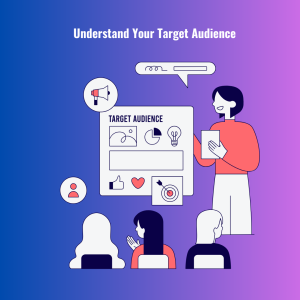
1. Understanding Your Target Audience
To effectively market your small business, it is crucial to understand your target audience. By gaining insights into their demographics, interests, and pain points, you can tailor your marketing messages to resonate with them. Conduct market research, analyze customer data, and engage with your audience through surveys or interviews to gather valuable information. This understanding will help you create targeted campaigns and deliver personalized messages that will attract and retain customers.
Furthermore, understanding your target audience allows you to identify the most effective marketing channels to reach them. Whether it’s through social media platforms, email marketing, or traditional advertising, knowing your audience’s preferences will enable you to allocate your resources wisely and focus on the channels that will generate the highest ROI.
2. Creating a Strong Online Presence
In today’s digital age, having a strong online presence is essential for small businesses. It allows you to reach a wider audience, increase brand awareness, and establish credibility. Start by building a professional website that showcases your products or services and provides relevant information to potential customers. Optimize your website for search engines to improve its visibility and attract organic traffic.
Remember to regularly update your online presence with fresh content, such as blog posts or articles, to keep your audience engaged and informed. By maintaining a strong online presence, you can increase your brand’s visibility and attract more customers.
Additionally, leverage social media platforms to connect with your target audience and promote your business. Create engaging content, interact with your followers, and respond to their comments or messages promptly. Engaging in online communities and industry forums can also help establish your expertise and attract potential customers.
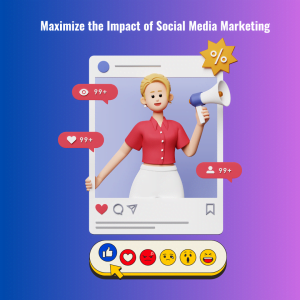 3. Maximizing the Impact of Social Media Marketing
3. Maximizing the Impact of Social Media Marketing
Social media marketing is a powerful tool for small businesses to connect with their target audience and drive engagement. To maximize its impact, start by identifying the social media platforms that your audience is most active on and create interesting profiles for your business. Post regularly and consistently to maintain visibility and keep your audience engaged.
Use a mix of content formats, such as images, videos, and infographics, to capture your audience’s attention and convey your message effectively. Take advantage of features like hashtags and tagging to expand your reach and attract new followers.
Engage with your audience by responding to comments, messages, and reviews in a timely and professional manner. Encourage user-generated content by running contests or featuring customer testimonials. This not only boosts engagement but also helps build trust and credibility for your brand.
Lastly, monitor and analyze your social media metrics to understand what content resonates with your audience and adjust your strategy accordingly. By maximizing the impact of social media marketing, you can drive brand awareness, increase customer loyalty, and generate leads for your small business.
4. Implementing Email Marketing Campaigns
Email marketing is a cost-effective and efficient way to reach your target audience directly. Start by building an email list of interested individuals or customers who have opted in to receive updates from your business. Offer incentives, such as exclusive discounts or valuable content, to encourage sign-ups.
Segment your email list based on demographics, interests, or past purchase behavior to deliver personalized and relevant content to each segment. Craft compelling subject lines and email copy that entice recipients to open and engage with your emails.
Use email automation tools to schedule and send targeted campaigns, such as welcome emails, promotional offers, or abandoned cart reminders. Monitor your email metrics, such as open rates and click-through rates, to measure the effectiveness of your campaigns and make data-driven improvements.
Remember to provide value to your subscribers by offering useful information, industry insights, or exclusive deals. By implementing effective email marketing campaigns, you can nurture customer relationships, drive repeat purchases, and boost overall sales for your small business.
5. Leveraging Influencer Partnerships
Influencer partnerships can be a powerful way to expand your reach and increase brand awareness for your small business. Identify influencers in your industry or niche who have a significant following and align with your brand values. Reach out to them with a personalized pitch, highlighting the mutual benefits of a partnership.
Collaborate with influencers to create sponsored content, such as product reviews, tutorials, or sponsored social media posts. This allows you to leverage their influence and tap into their engaged audience. Ensure that the content is authentic and aligns with your brand’s messaging to maintain credibility.
Track the performance of your influencer campaigns by monitoring metrics, such as engagement rates, reach, and conversions. This will help you evaluate the success of the partnerships and make informed decisions for future collaborations.
Remember to maintain ongoing relationships with influencers by engaging with their content, sharing their posts, and offering exclusive discounts or promotions to their followers. By leveraging influencer partnerships, you can increase brand visibility, gain credibility, and attract new customers to your small business.
It’s important to remember that the most popular business marketing strategies may not necessarily be the best fit for your specific business. Selling the best product ever made won’t matter if your target audience isn’t aware of it. That’s why having a well-planned marketing strategy is crucial for the success of your small business.
Everest Online Marketing: Your Ultimate Business Marketing Partner
At Everest Online Marketing, we pride ourselves on being your ultimate business marketing partner. With a commitment to excellence and a passion for helping businesses achieve their goals, we offer a comprehensive range of services to elevate your online presence and drive growth.
Our team of experienced professionals is dedicated to delivering tailored strategies that resonate with your target audience and yield tangible results. From SEO and social media marketing to content creation and digital advertising, we are here to guide you every step of the way towards success. Contact us today and let us help you reach new heights in the competitive market!


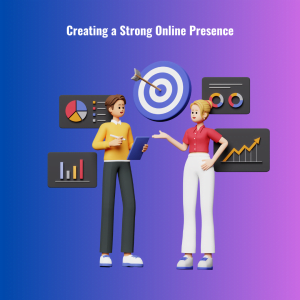
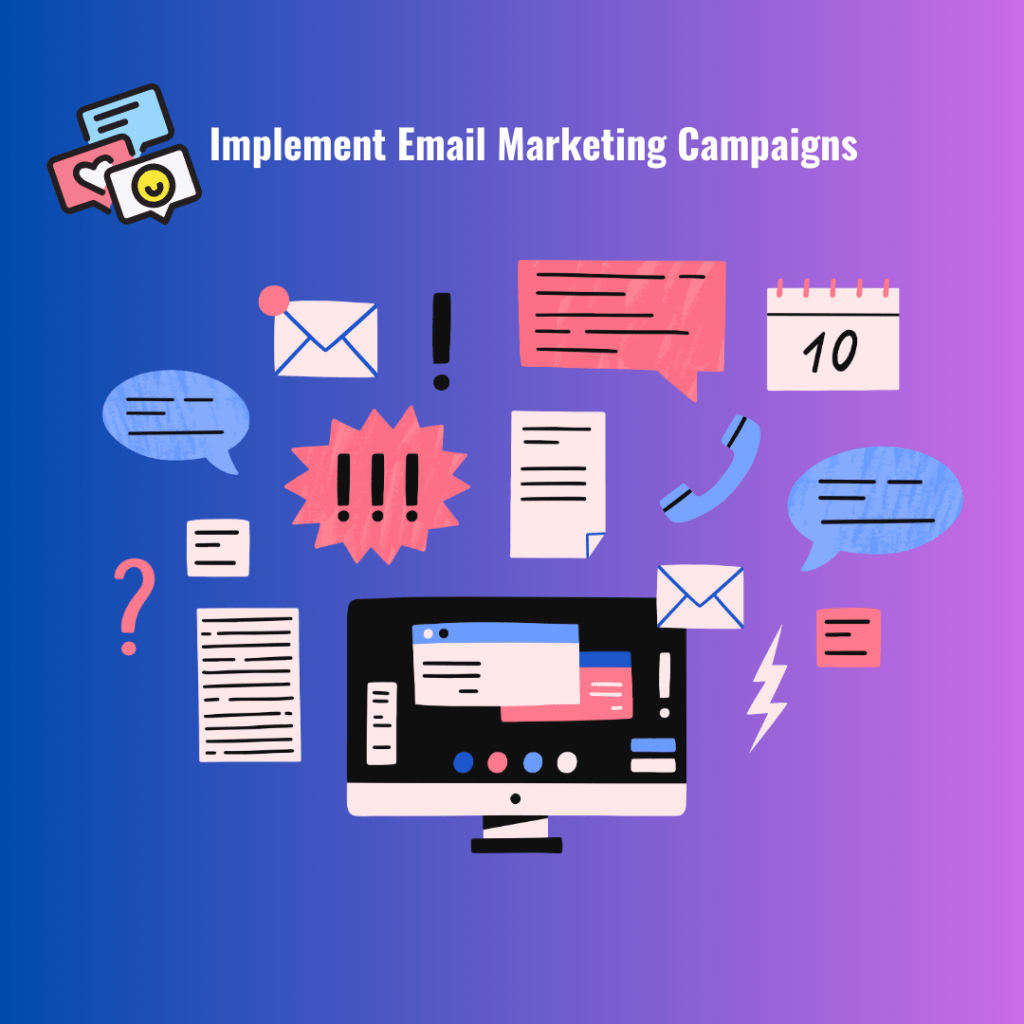
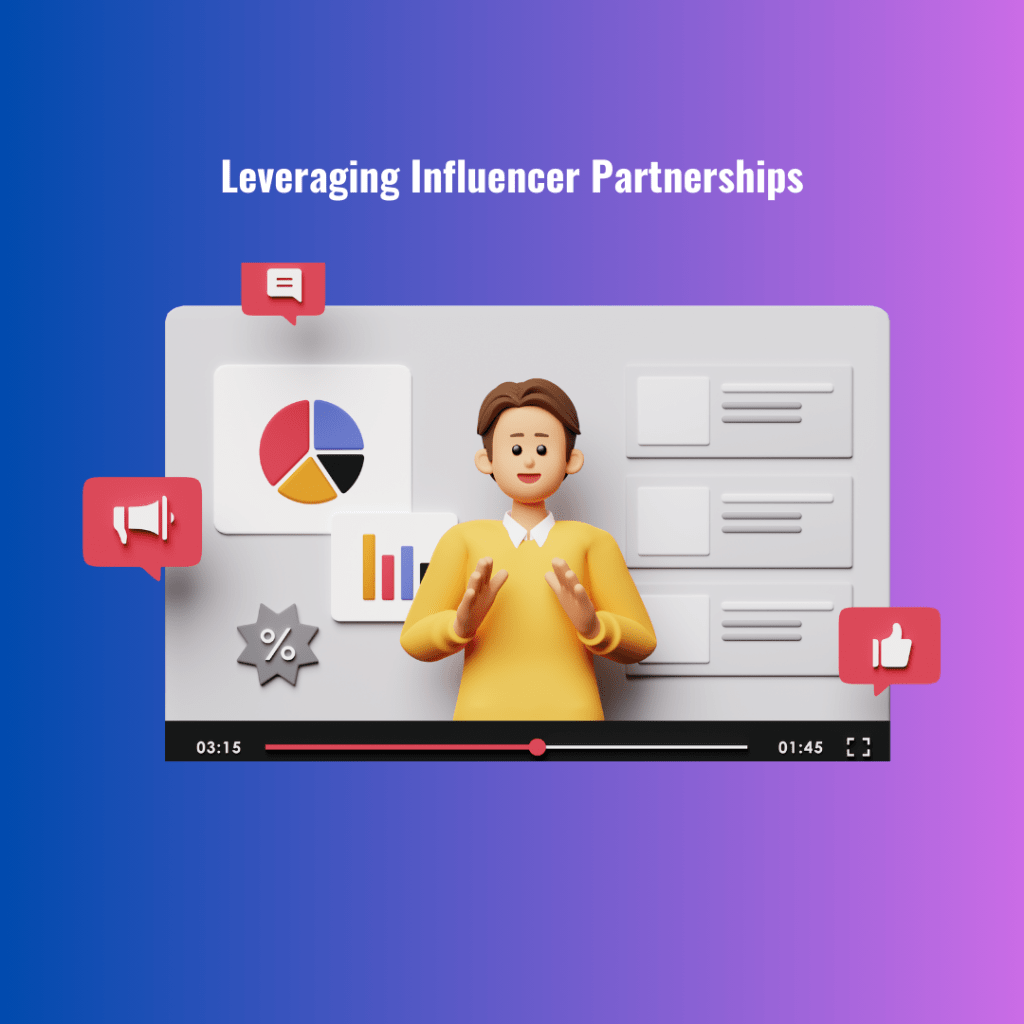
Leave A Comment
You must be logged in to post a comment.